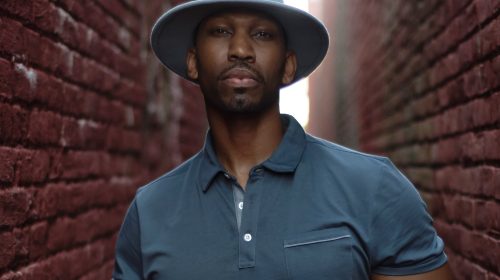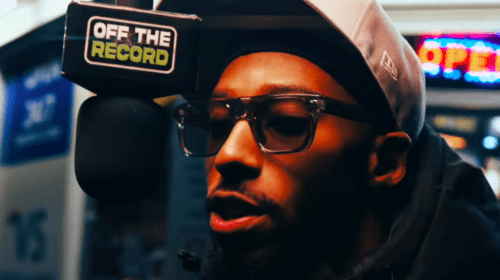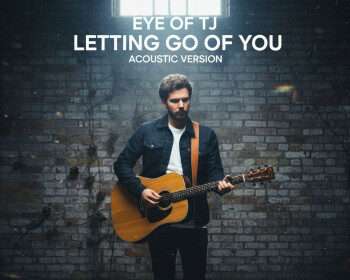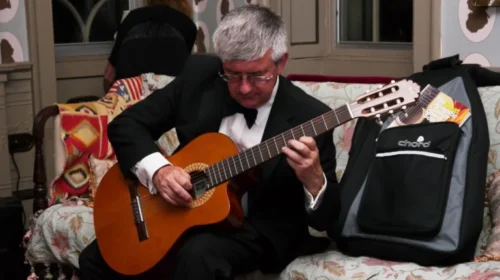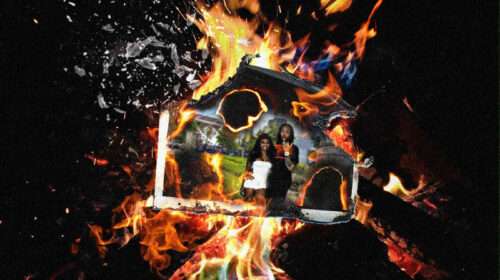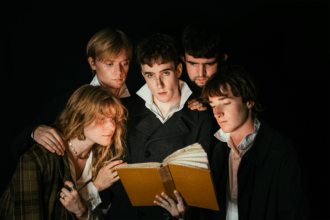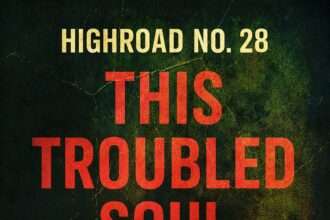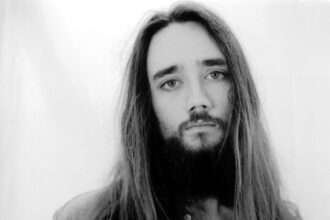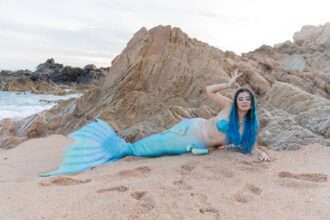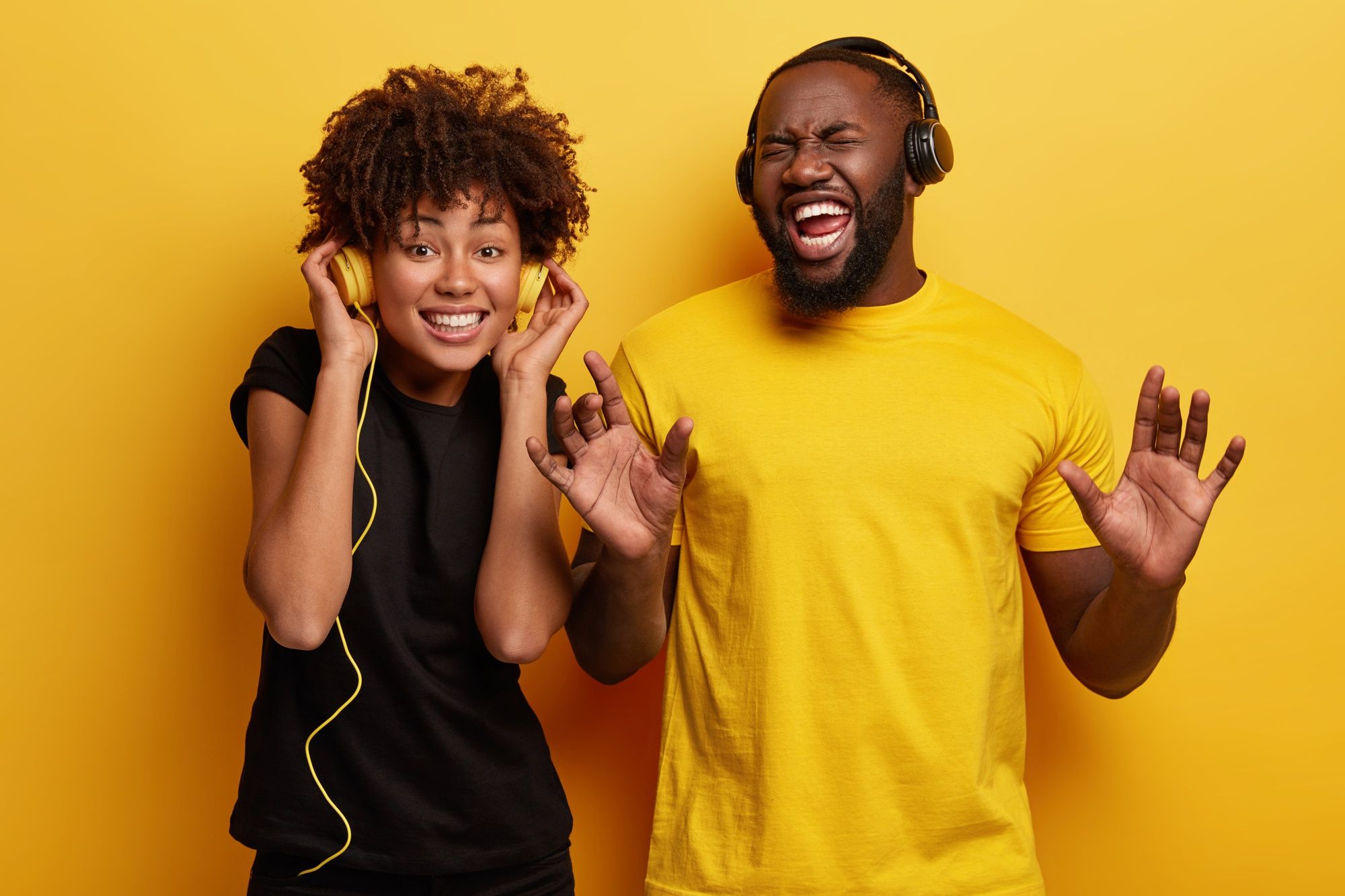Meet Ryan David Orr, the indie musician whose musical journey has been marked by inspiration, challenges, and boundless creativity. With a distinctive indie folk sound that blends genres seamlessly, Ryan’s music resonates deeply with audiences worldwide.
From a young age, Ryan’s mother, a folk singer and songwriter, planted the seeds of musical passion. This early influence ignited his drive to craft melodies that evoke emotion and transcend genres. Describing his style as “indie folk,” Ryan effortlessly melds folk, indie rock, blues, jazz, and electronica into a captivating auditory experience.
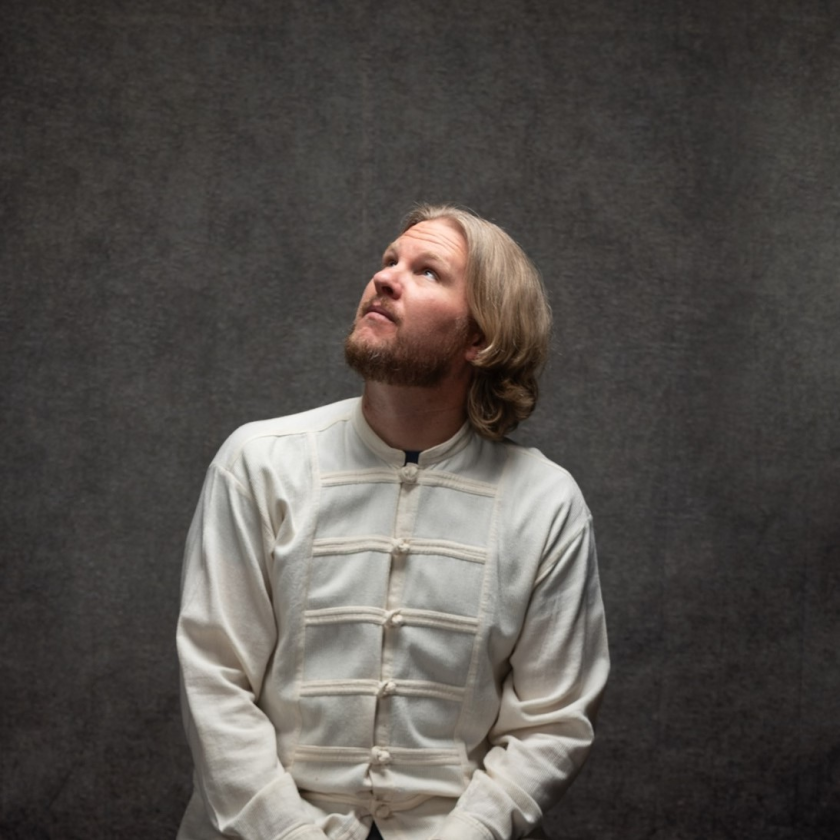
Navigating the indie music landscape comes with its challenges, but Ryan’s determination fuels his journey. Overcoming resource constraints, he’s adeptly created albums that capture his musical essence. His resilience extends to conveying the effort behind his craft, raising awareness about the intricacies of music creation.
In this exclusive interview, we delve into the facets that have shaped Ryan’s musical odyssey, from his early inspirations to his distinctive creative process and future aspirations.
Can you tell us about your journey as an indie musician? What inspired you to pursue a career in music?
My first exposure to the idea of pursuing music as a career was through my mother, who was a folk singer/songwriter. I started playing musical instruments at a young age and singing in choirs, but I didn’t seriously think about an active career in music until I was almost out of high school. It took me a year or two of trial and error to write original music that I actually liked, but once I started really liking what I was creating, then I took the pursuit of music more seriously.
How would you describe your unique style and sound as an artist?
What sets you apart from other musicians? I usually call my style of music “indie folk”. I started using that term about 20 years ago and had never heard anyone else use it. People would ask me what kind of music I played, but I never had a clear answer. It’s rootsy, but not country. It’s rock, but not aggressive rock. It has elements of blues and jazz, and some pieces are spoken word pieces. Then, I like to incorporate elements of electronica and lo-fi as well.
So, pulling from my folk roots and my love of indie-rcok, I started calling my music “indie-folk”. Now that term has been adopted by the mainstream and seems to mean something a bit different than what I do, but I think it’s still the best descriptor for my style. One thing that sets my music apart from some others is that it is lyrically centered. The actual art of writing complex, thought-provoking lyrics has become less important in modern music, mostly for the sake of the modern attention span – if you write lyrics people have to think about, it might hurt sales because they don’t really have time to think about the media they are consuming. But I am a fan of songwriting that can stand alone without the music and be read as poetry.
Could you share some of the biggest challenges you’ve faced as an indie musician and how you overcame them?
As an indie musician, challenges arise all the time. Early on in my career, one of the biggest issues was resources for creating albums and products. Without a record label budget, it can be hard to come up with funding for things like good instruments and equipment, recording equipment or studio time, mixing and mastering services, and things like that. These days, equipment has become more affordable and I have managed to stockpile some good tools and instruments. But that sort of falls under the broader umbrella of the challenge of sustainability.
Those who don’t make art or music don’t understand what goes into making a finished product, so there can also be the hurdle of trying to sell yourself. I’ve had people try to bargain for CDs or merch that I am selling. Like, “Would you take $5 instead of $10 for a CD”? Of course, everyone wants everything for free, but it’s a challenge to have people, in general, consider the time, heart, and money that go into writing, then performing, then recording, then mixing and mastering, then manufacturing a finished product. I would say one of the biggest challenges I have faced is in the area of motivation and self-doubt. The music world is very competitive, and it’s hard to feel like a valid artist unless you’re topping charts and you’re constantly on tour.
Mental health and perspective need to be kept in check all the time. This is my biggest challenge, and I would say I haven’t overcome them – it’s more like I am constantly working to overcome them as they pop back up again and again.

What is your creative process like? How do you approach songwriting and composing music?
I go through cycles of creativity. I might feel in the “writing” mood for a few months and churn out a stack of tunes, then shift into “producing” mood for a few months and try to get a bunch of studio work done. There are also cycles for making music videos, creating marketing assets, working on release strategies, etc. When I write, I most often write something musical first, then the music inspires a feeling and that gets translated into words. Sometimes, when I have the music and a melody, I will mumble in tune to the music and eventually words start to form, then I realize what it is I am writing about.
Are there any particular themes or messages that you aim to convey through your music?
What inspires your lyrics? I think most often I write about evolving through our lower, darker selves and emerging as something better. I like to examine those layers of our psyches that keep us in places of suffering. I haven’t met very many people that I feel are truly honest with themselves about themselves, and it’s sort of fascinating.
People seem to fall into loops and patterns, sort of like their own little hell on Earth, in which they repeatedly do things that keep their own suffering intact. So, I like to examine that in myself and in others. I am most often inspired by people and their quirky little lives. Sometimes love, sometimes very specific people, but always the human condition in some form.
What are your long-term goals as an indie musician? Where do you see yourself and your music in the next few years?
My main goal is to continue creating music and art that I love, and to try to build my audience in a sustainable way. I am starting a new indie-folk/Americana band called The Secret Trails, and we have our first EP completed. The project was produced by Ken Coomer, the drummer and a founding member of the band Wilco. The songs will be released over the course of the next year or so, and we will be performing to promote the EP.
That will be followed by a full-length album. I also front a rock band called The Brighter Still, and we will be working on a full-length record over the next year or so that will fall into that Alt-Rock/Indie-Rock realm. People can follow the journey for these projects by checking out my Instagram or Facebook pages, or by going to www.RyanDavidOrr.com and signing up for the monthly newsletter.



